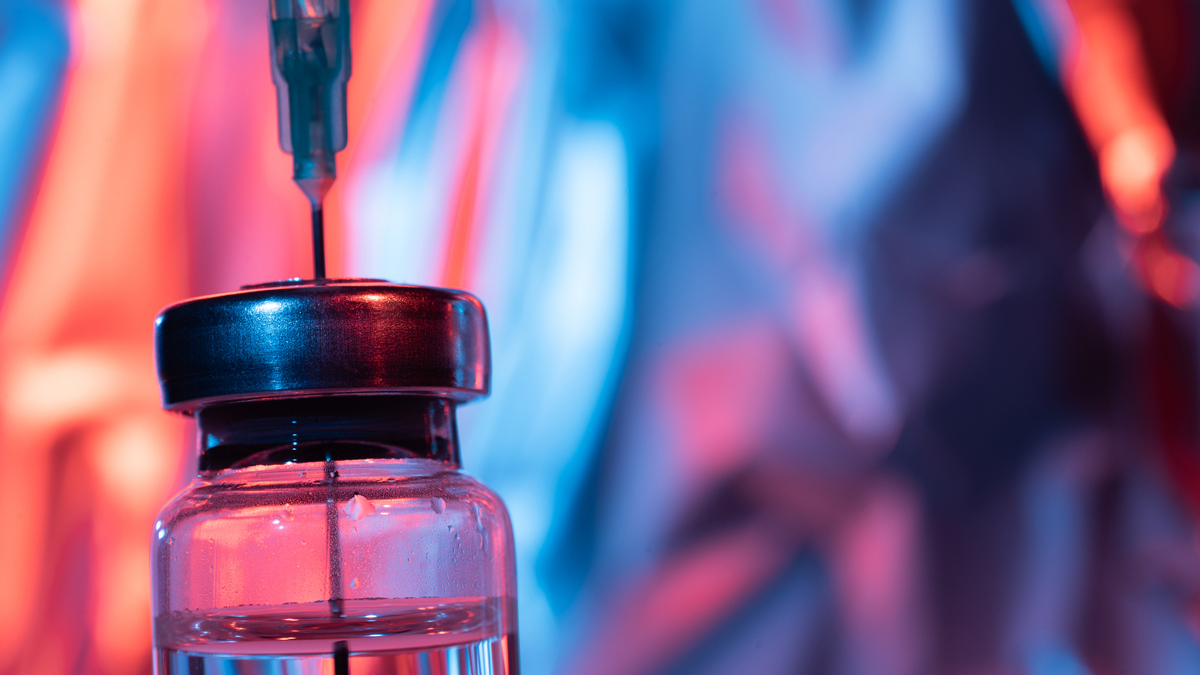NIAID drops Lilly antibody from ACTIV-3 COVID-19 trial

Eli Lilly says no more patients will be treated with its COVID-19 therapy bamlanivimab in a trial run by the US National Institute of Allergy and Infectious Diseases (NIAID), as results to date suggest it is unlikely to be effective.
The ACTIV-3 study was comparing bamlanivimab (also known as LY-CoV555 or LY3819253) and placebo when added to therapy with Gilead Sciences’ Veklury (remdesivir), which is already approved to treat COVID-19 requiring hospitalisation.
According to Lilly, the NIAID took its decision on the strength of trial data which indicated that bamlanivimab – an antibody that neutralises the SARS-CoV-2 coronavirus – was unlikely to help hospitalised patients recover from advanced-stage COVID-19.
The drugmaker stressed however that other trials of its drug in COVID-19 are still continuing, and it pointed out that the earlier BLAZE-1 study of bamlanivimab showed a reduced rate of hospitalisation in patients treated with the antibody in the outpatient setting.
It also said it “remains confident…that bamlanivimab monotherapy may prevent progression of disease for those earlier in the course of COVID-19.
Lilly filed for emergency use authorisation (EUA) of bamlanivimab for the treatment of recently diagnosed mild to moderate COVID-19 illness in high-risk patients.
ACTIV-3 is a substudy of a larger, 10,000-patient trial that is putting a series of COVID-19 drugs through their paces, and Lilly’s drug is the only arm to include an antibody targeting SARS-CoV-2. In each case, 300 patients are enrolled initially before a decision is taken whether to expand the trial to 1,000 subjects.
In a statement, the NIAID said enrolment of patients into the bamlanivimab was paused on 13 October after 326 had been recruited, “out of an abundance of caution”, and terminated on 26 October.
There were no safety issues – the decision was “driven by lack of clinical benefit for LY-CoV555,” according to the agency – and the patients will continue to be followed for 90 days’ follow-up.
The NIAID is also running another study of Lilly’s antibody, ACTIV-2, which involves outpatients with mild-to-moderate COVID-19 symptoms, and that is continuing as planned.
BLAZE-1 is also continuing – looking at bamlanivimab alone and in combination with etesevimab (LY-CoV016) another Lilly antibody targeting SARS-CoV-2 – and the company is also running the BLAZE-2 trial of bamlanivimab as prophylaxis against COVID-19 in nursing home residents and staff.












